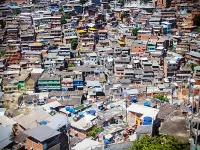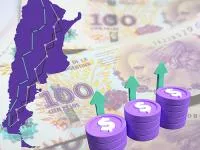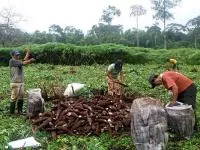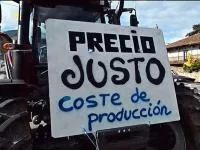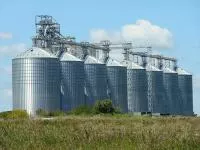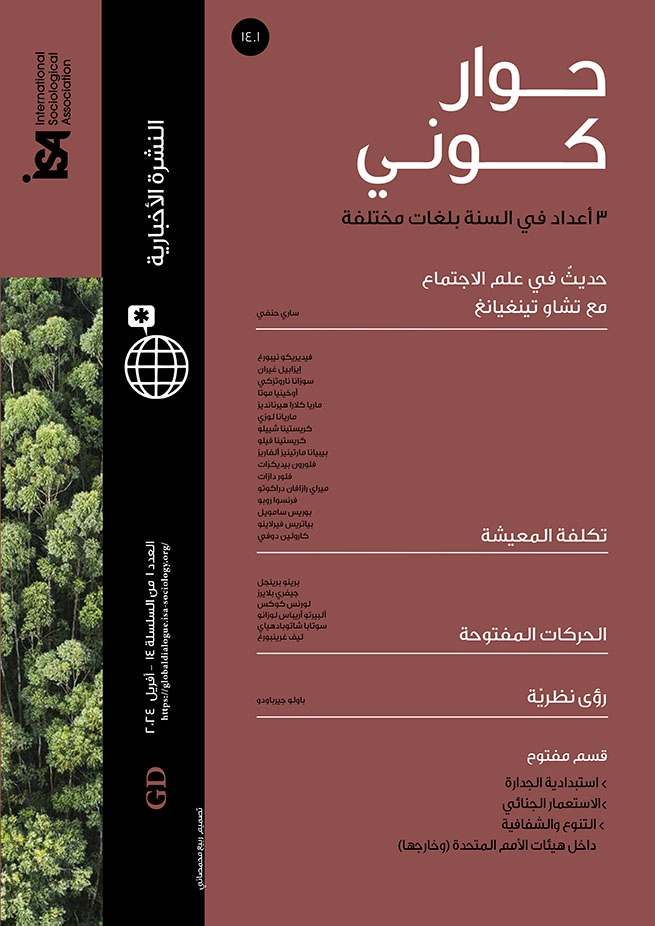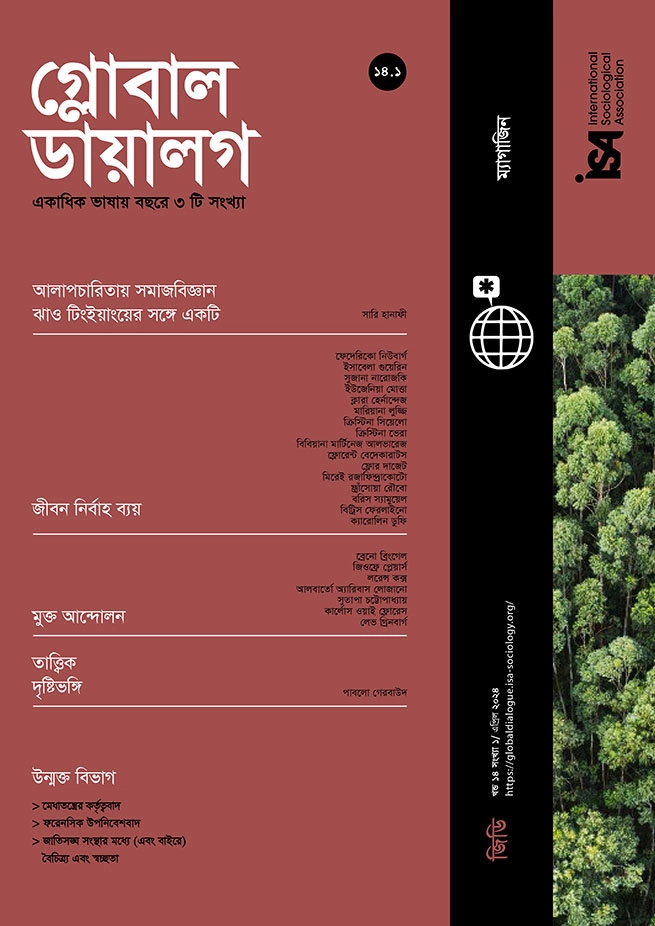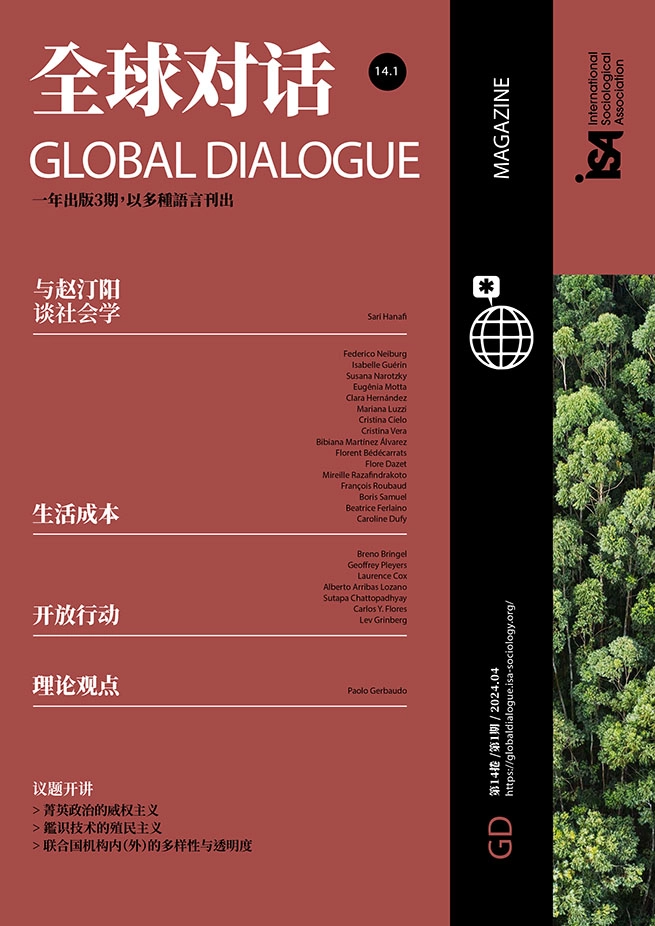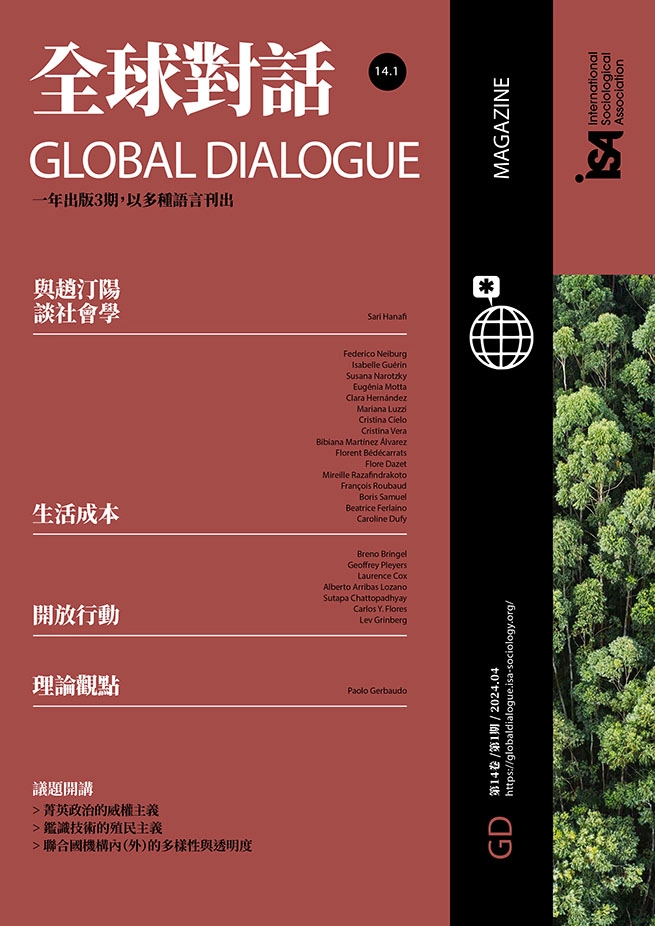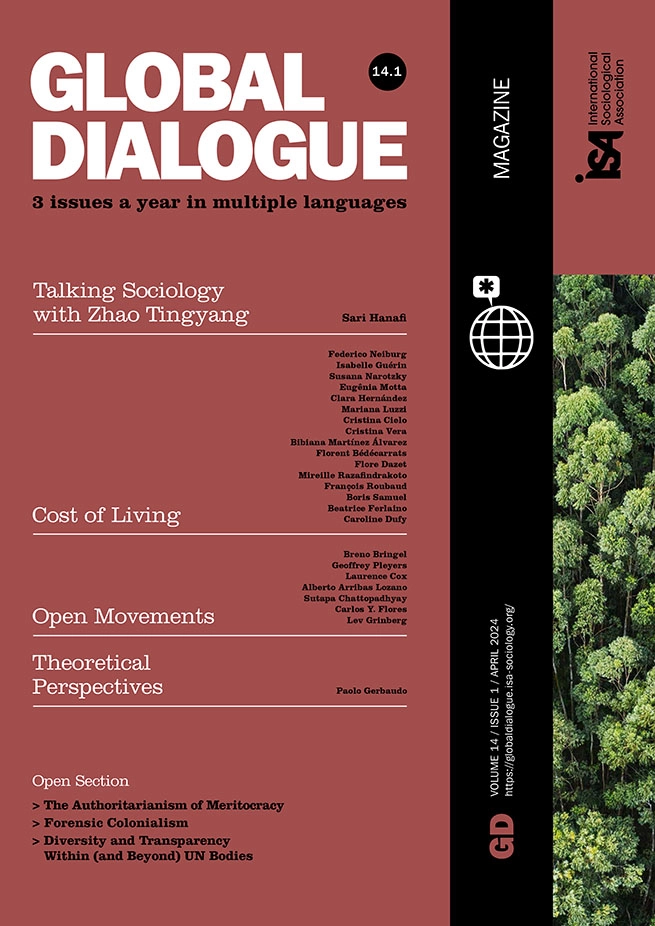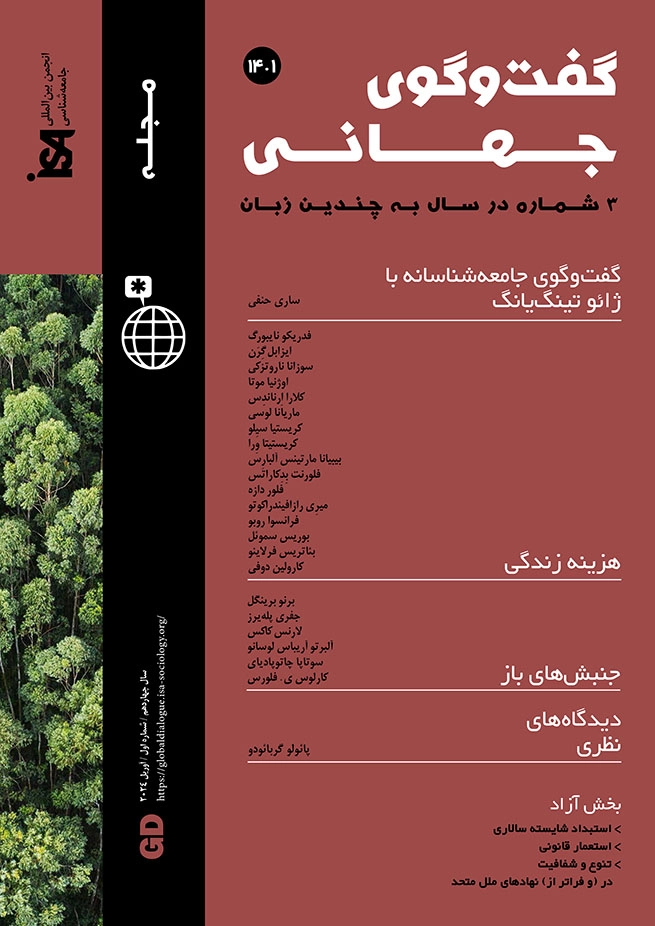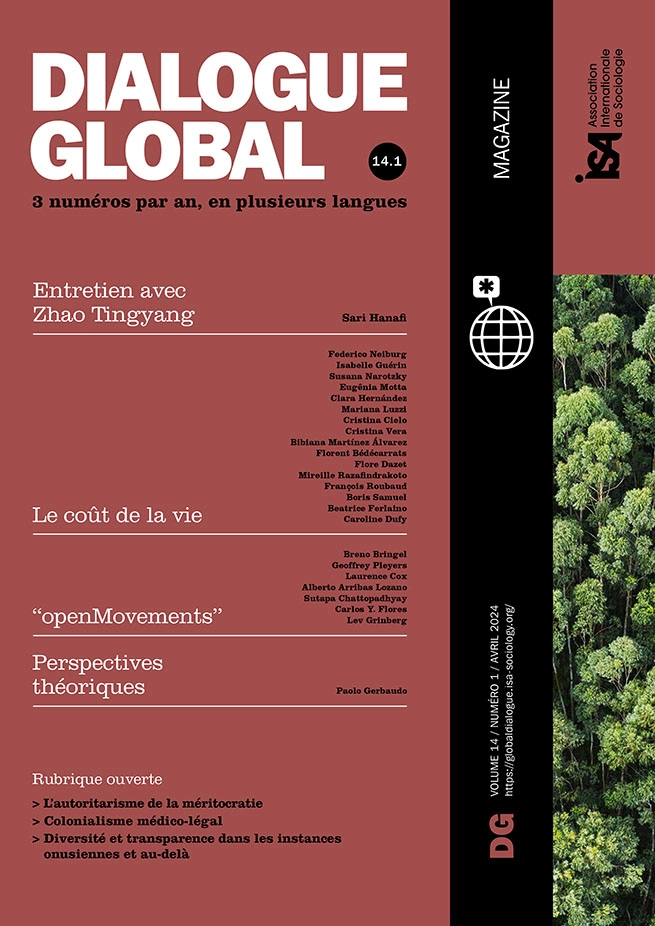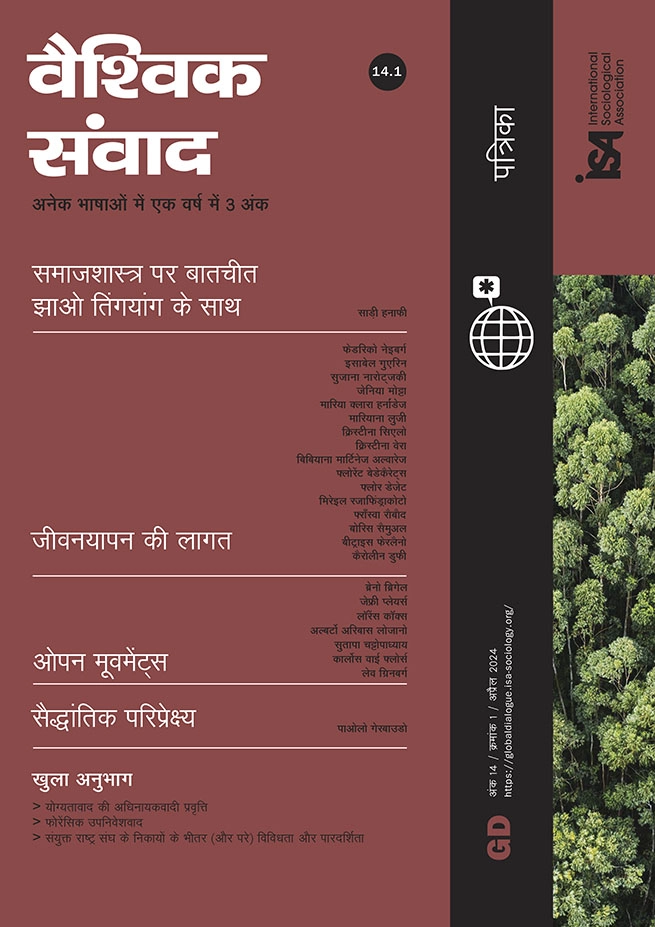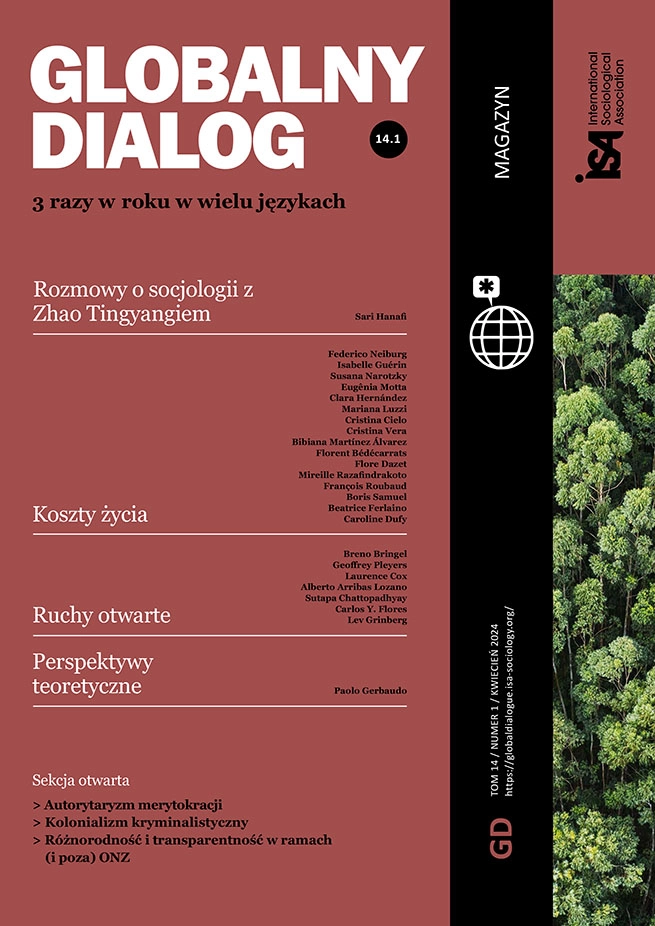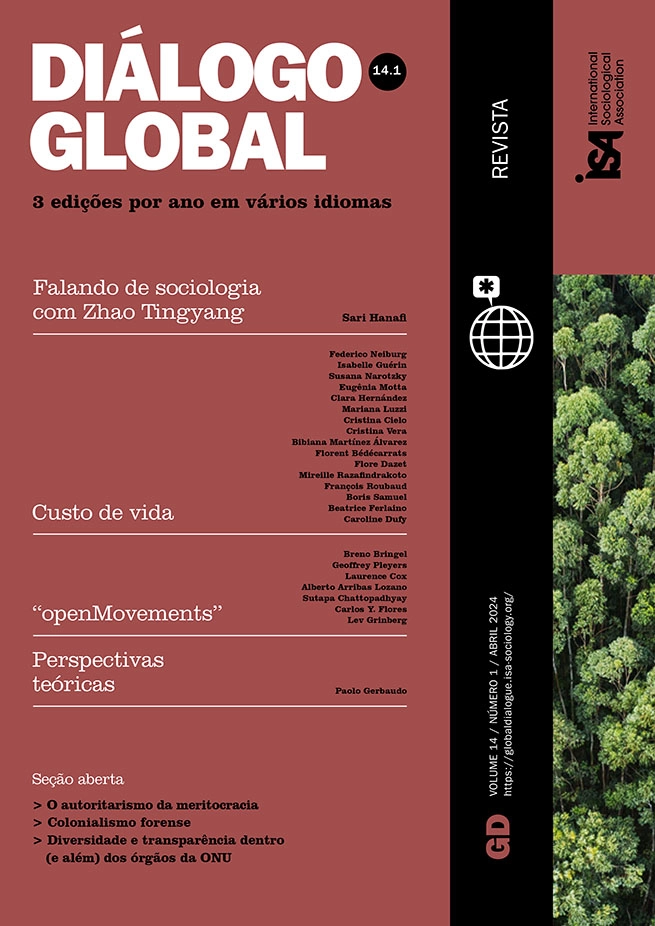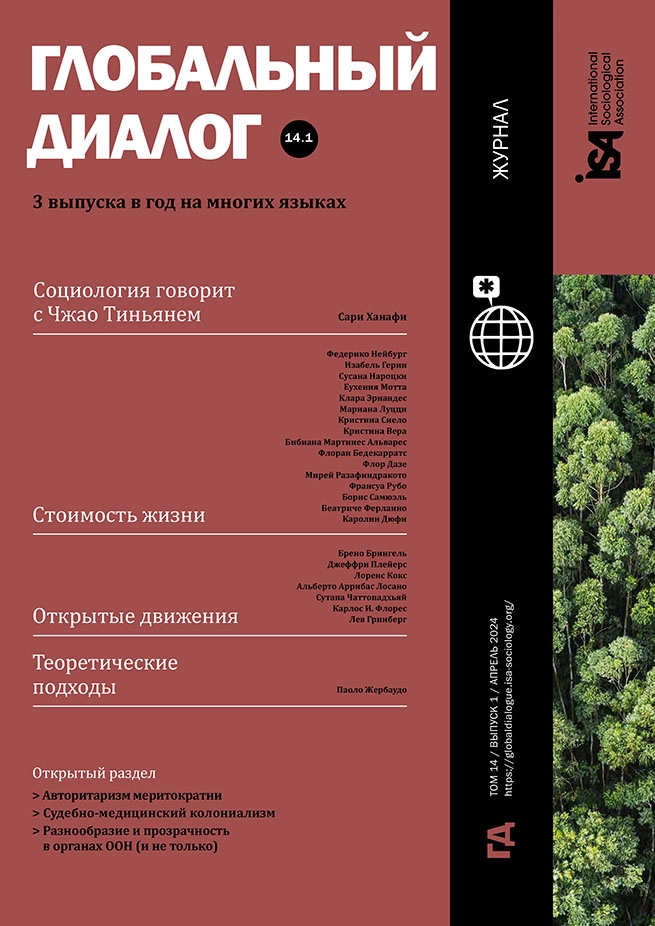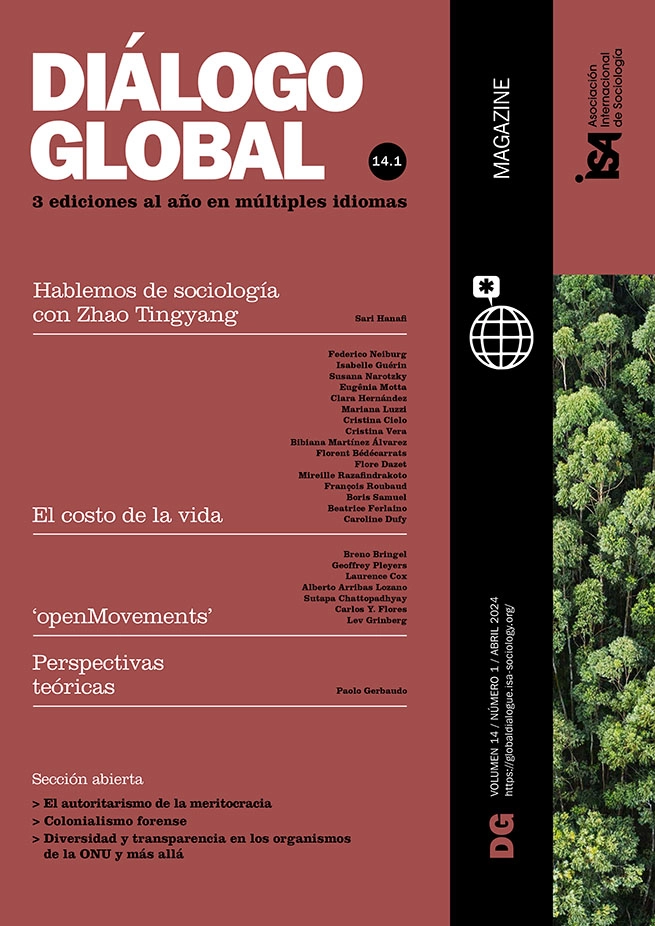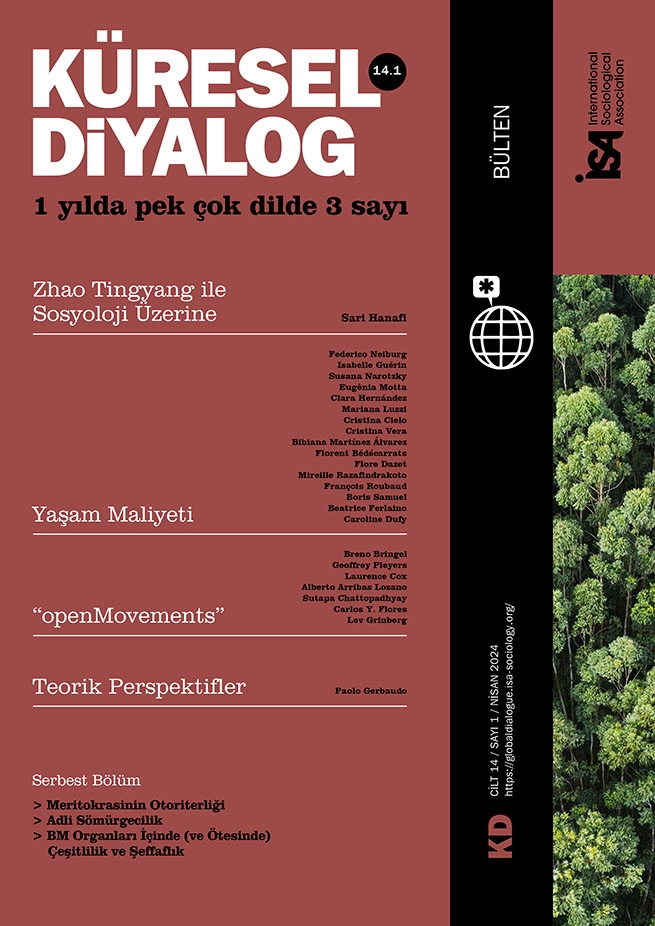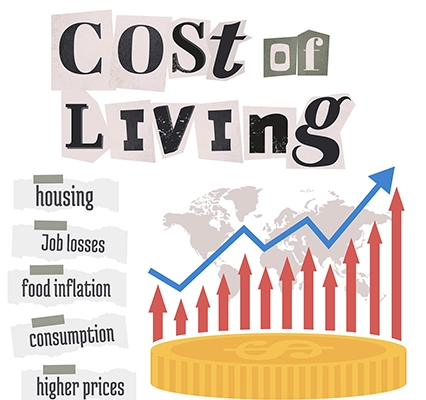This thematic section is the result of a partnership between Global Dialogue and International Sociology. In it, we aim to make available to a wider audience some of the main results of a special issue that has just been published in International Sociology. In this article, we introduce the concept of cost of living, which is simultaneously a category fabricated and utilized in the universe of specialists and a vernacular concept that traverses people’s daily lives, in reference to a myriad of efforts and experiences in times of crisis. We propose a multi-scale, historical and comparative perspective that allows observation and analysis of the dilemmas produced in contemporaneity by polycrises. These include the combined effects of increase in the prices of basic items, such as food and energy, the precarization of labor markets, and the accelerated decrease in wages following the COVID-19 pandemic on a global scale. These multiple dimensions of crises have affected the ways through which individuals and families seek lives worth living. We also draw attention to the moral and political dimensions of the rising cost of living and to the conflicts and struggles that are taking place in the world of experts, in public spaces, and in people’s daily lives.
The context
The combined effects of the COVID-19 pandemic, the climate crisis, and the war in Eastern Europe have made the rising cost of living, inflation, and hunger central issues in public debates and in the daily lives of people. Many must deal with the diminishing purchasing power of money, and shortages produced by disruptions in the supply chains of products considered essential to life, such as food, water, and energy. An unprecedented cycle of rising prices has unfolded on a planetary scale. This is affecting not only the poorest and the so-called middle classes in the countries of the Global South, but also those in the rich countries of Europe and North America. The UN Food and Agriculture Organization (FAO) global food price index reached in March 2022 its highest level in 60 years, while the historical series of the International Monetary Fund indicated the greatest increases in food and energy prices in 100 years. The rising prices of basic consumer items are a key dimension of the present polycrises, as are the lack of employment or its precarious nature, the diminishing real value of wages, massive migrations, and an environmental emergency.
The concept
‘Cost of living’ is a polysemic practical category. It is this polysemy that we attempt to capture here. The concept of ‘cost of living’ was born in the late nineteenth and early twentieth centuries, along with modern economic science, as a device to index human lives with numbers and amounts of money. The minimum necessary to produce life has a price (for example, the monetary value of a basket of goods). Prices also vary and these variations are represented in percentages relative to time segments: weekly, monthly, annual. Thus, in the world of specialists, the cost of living is intrinsically linked to two major aspects: first, to the understandings of inflation as a social fact and as an object of government; second, to the concept of necessity or basic needs. The field of production of inflation and cost of living numbers is an arena of controversies in which government agencies, corporate institutions, trade unions, international organizations, and humanitarian agencies participate, producing configurations of national and international public debate and political battles.
Yet, at the same time, the concept of cost of living also exists outside the realm of economic experts and of those involved in the government of economic life. Cost of living is a practical category that goes beyond a numerical index: it participates in the flow of ordinary life, of individuals, households, and families. It refers to a myriad of costs and efforts giving meaning to actions, strategies, daily joys, and frustrations, as well as to social movements and hidden transgressions, such as those launching claims against inflation or expensive living.
Filling a gap
The universes of economic science and humanitarianism have conceptualized the rising cost of living, famine, and hunger. For the social sciences, however, these phenomena seem to remain marginal objects that, with few exceptions, do not enter the agenda. The aim of this thematic section and the special issue of International Sociology is precisely to fill this gap. To do so, we propose an approach that is both multidisciplinary and multi-scalar. The articles in this volume travel through various thematic and disciplinary traditions: political sociology and economy of markets, prices, and numbers; economic and feminist sociology and anthropology of ordinary practices and their affective, intimate and sensory dimensions; and the political ecology of food and life. At the same time, the articles gathered here show the entanglements between international geopolitical issues, the massive weight of humanitarian organizations and aid in defining cost of living indicators in local contexts, national modes of government and their colonial histories, and the intimacy and sensoriality of the cost of living in the daily life of peoples and families.
Public debates, expert knowledge, and ordinary citizens’ concepts and practices may be in conflict, but they also intermingle and construct each other. Indeed, sociology and anthropology can reveal this co-construction with the tensions, conflicts, and circulations that it implies. A comparative and historical perspective also sheds light on how the cost of living is unevenly distributed, how these inequalities change over time, how policymakers, experts, and families navigate crisis, while mobilizing or ignoring social dispositions built up over the course of other crises.
We focus on these processes from a comparative perspective in a double sense: by considering past and present situations in the Global North and Global South; and by relating macro processes on a national and international scale to the micro dimensions of the everyday search for a life worth living amid inflation, famine, and hunger. These entanglements of scales and processes revive questions of power relations, moral debates about what is legitimate, acceptable, normal or basic and what is not, and according to whom, as well as disputes on what a life worth living is, with strong variations depending on national contexts and histories, gender relations, and racial and class differences.
Federico Neiburg, Federal University of Rio de Janeiro, Brazil <federico.neiburg@gmail.com>
Isabelle Guérin, Institut de Recherche pour le Développement, France
Susana Narotzky, Universidad de Barcelona, Spain
